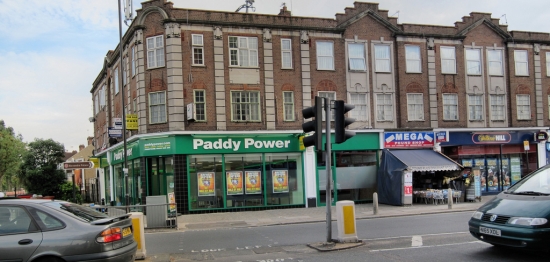A bookmaker has won its case against a London council that threw out its application for an operator’s licence for a high street premises.

Newham councillors rejected the bid from Paddy Power in February in, what was widely viewed as, a test case against the spread of betting shops in economically deprived areas. Paddy Power won an appeal against the decision and this was upheld on Monday by Thames Magistrates Court.
There has been widespread concern about the proliferation of betting shops on UK high streets, which London Mayor Boris Johnson recently described as “a growing menace.” Despite the fact that the current 9,000 bookmakers’ branches is way down on the number that existed in the 1960s, there is a perception that they are targeting poorer districts and colonising high streets.
Last month Neil Goulden, the chairman of the Association of British Bookmakers, responded to these concerns by pointing out that one in eight high street properties currently stand empty and a further 60,000 are forecast to close over the next five years.
“The betting industry remains committed to investing in the nation’s high streets, providing jobs and paying taxes while other major retailers leave,” he said.
Newham, which has 82 bookmakers’ branches in the borough, initially rejected Paddy Power’s application on the grounds that “the shop might attract crime and anti-social behaviour.”
A district judge disagreed with the ruling, saying that the evidence presented did not support this conclusion. He also stated that he did not believe that premises licences fell within the remit of the local authority and that the responsibility lay with the Gambling Commission, which was satisfied the bid met with requirements.
In a statement Paddy Power said it welcomed the fact that the confusion had been clarified, while the council admitted to being “deeply disappointed” and accused the Gambling Commission of “refusing to act as a regulator.”
“Local authorities have limited powers to fight the opening of betting shops, which are increasingly being run as clusters on high streets as a way of circumventing planning laws,” a spokesman said.
Newham Council must now decide whether they believe they have a case for a judicial review.
Previous Post
Ex Wickes Boss Steps into High Street Fray